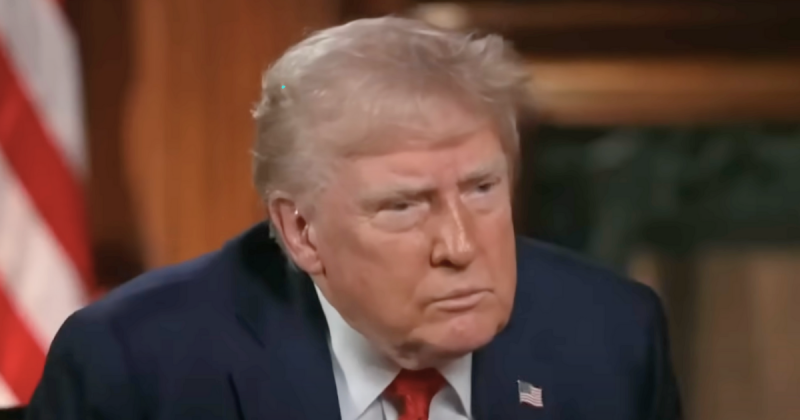A federal appeals judge blocked President Donald Trump’s executive order aimed at ending birthright citizenship for children born in the U.S. to parents who are in the country illegally or temporarily.
On Friday, U.S. District Judge Leo Sorokin upheld a nationwide injunction he had issued earlier this year that prevents the Trump administration from enforcing this policy. The injunction had been granted in favor of more than a dozen states opposing the order.
Sorokin’s ruling was an exception to a recent U.S. Supreme Court decision that limited the power of lower courts to issue nationwide injunctions. This case is expected to eventually return to the Supreme Court for a final resolution.
In his ruling, Sorokin acknowledged that President Donald Trump and his administration have the right to argue their interpretation of the Fourteenth Amendment. However, for the purposes of the current lawsuit, he found the executive order unconstitutional.
The Trump administration maintains that children born in the U.S. to parents who are in the country illegally or temporarily are not “subject to the jurisdiction” of the United States. Therefore, they argue, such children are not entitled to citizenship under the Constitution.
Trump signed the birthright citizenship executive order on his very first day in office in January 2025, alongside several other executive actions, per Fox News.
Supporters of birthright citizenship have warned that ending this policy would have severe and negative impacts on many communities, emphasizing the constitutional protections enshrined in the Fourteenth Amendment.
Earlier this week, the 9th Circuit Court of Appeals in San Francisco also affirmed a similar nationwide injunction issued by a lower court, blocking Trump’s order from taking effect.
Additionally, a federal judge in New Hampshire issued a ruling this month in a class-action lawsuit that prohibits the executive order from applying nationwide.
Judge Sorokin rejected the Trump administration’s argument that the Supreme Court’s recent ruling necessitated a narrower scope for the injunction.
Opponents of the order argue that the 14th Amendment clearly guarantees birthright citizenship to anyone born on U.S. soil, regardless of their parents’ immigration status.
Plaintiffs in the class-action lawsuit also contend that the executive order threatens state funding for vital public services. Many of these services, including essential health insurance programs, depend on citizenship status for eligibility.
During protests, citizens have expressed strong opposition to Trump’s move to end birthright citizenship. Demonstrators, including families with young children, have gathered outside the Supreme Court building.
The issue of birthright citizenship remains a deeply divisive and highly contested legal matter, with significant implications for immigration policy and constitutional law.
With multiple federal courts blocking Trump’s executive order and the Supreme Court set to revisit the question, the controversy surrounding birthright citizenship continues to unfold.


U.S. District Judge Leo Sorokin has no authority to rule on this.
WTF is the SCOTUS??